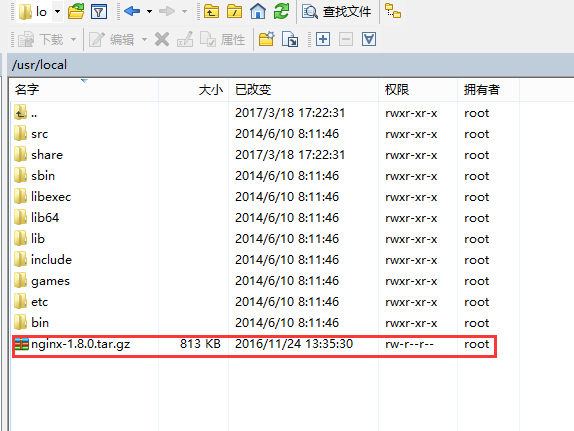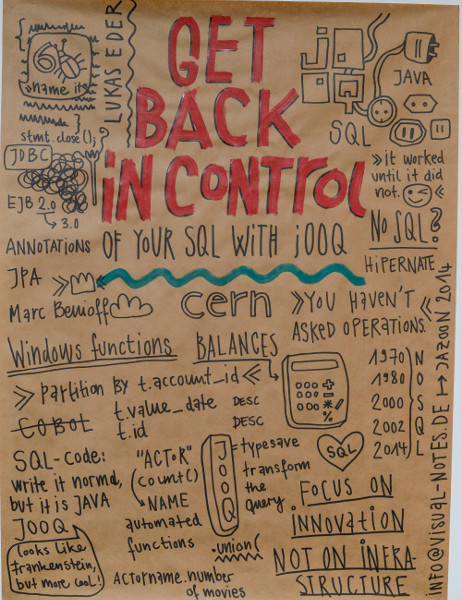HDU1711-Number Sequence
Number Sequence
Problem Description
Given two sequences of numbers : a[1], a[2], …… , a[N], and b[1], b[2], …… , b[M] (1 <= M <= 10000, 1 <= N <= 1000000). Your task is to find a number K which make a[K] = b[1], a[K + 1] = b[2], …… , a[K + M - 1] = b[M]. If there are more than one K exist, output the smallest one.
Input
The first line of input is a number T which indicate the number of cases. Each case contains three lines. The first line is two numbers N and M (1 <= M <= 10000, 1 <= N <= 1000000). The second line contains N integers which indicate a[1], a[2], …… , a[N]. The third line contains M integers which indicate b[1], b[2], …… , b[M]. All integers are in the range of [-1000000, 1000000].
Output
For each test case, you should output one line which only contain K described above. If no such K exists, output -1 instead.
Sample Input
2
13 5
1 2 1 2 3 1 2 3 1 3 2 1 2
1 2 3 1 3
13 5
1 2 1 2 3 1 2 3 1 3 2 1 2
1 2 3 2 1
Sample Output
6
-1
#include<cstdio>///HDU1711-Number Sequenceusing namespace std;int a[1000005],b[10005],next[10005];int n,m;int getnext(){int j=1,k=0;next[1]=0;while(j<=m){if(k==0||b[j]==b[k]){j++;k++;next[j]=k;}elsek=next[k];}}int kmp(){getnext();int i=1,j=1;while(i<=n){if(j==0||a[i]==b[j]){i++;j++;}elsej=next[j];if(j==m+1){return i-m;}}return -1;}int main(){int t;scanf("%d",&t);while(t--){scanf("%d %d",&n,&m);for(int i=1;i<=n;i++){scanf("%d",&a[i]);}for(int j=1;j<=m;j++){scanf("%d",&b[j]);}printf("%d\n",kmp());}return 0;}



































还没有评论,来说两句吧...